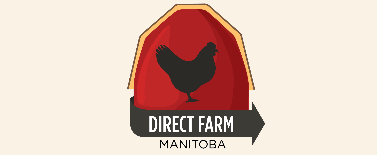2012-01-17 Globalization & Resilience
 Tuesday, January 17, 2012 at 6:53PM
Tuesday, January 17, 2012 at 6:53PM Globalization is what we call the process of the world becoming a smaller place. This is happening more and more and in many different ways, with results both good and bad: people move around more than ever; our society is increasingly ethnically and culturally diverse; we have instant access to information from anywhere in the world via satellite television and the internet; we're increasingly governed by international organizations and trade agreements rather than national governments; and most of our goods, and even many of our services, come from the other side of the world.
It's this last form of globalization - economic globalization - that is the most controversial. Unemployment is high in North America, while manufacturing jobs are continually outsourced to the developing world. Technical jobs and support services are increasingly moving to India and Southeast Asia. And endless boatloads of cheap goods, often produced in sweatshops in a modern equivalent of serfdom or even slave labour, flood into our stores at low prices. But even beyond the ethical arguments against sweatshop labour, I would argue that economic globalization is neither sustainable nor resilient.
Economic globalization as we know it depends on free-market economics, a competition-driven system in which only the strong (and highly specialized) survive. A company with only one product can produce it more efficiently than a company that tries to produce many; this leads to a high degree of specialization, which requires interdependence (after all, if I only grow beans, I'll need to get my bacon from you). Soon, entire regions specialize (corn in America, electronics in Asia, etc.), and we all depend on shipping to move these products around rather than grow or build them ourselves at home. But while it may be more efficient to grow a pineapple in Hawaii than in Manitoba, shipping perishables across the world is not efficient, and it is certainly not sustainable! If we were behaving as though we had a limited quantity of oil, we would not be spending it on shipping things from China that we could build at home.
This interconnected web of global economics is not resilient. We recently had a shortage of diesel fuel here in Canada; if we had actually run out and the delivery trucks stopped, it would only take 3 days for all of our grocery stores to run out of food. Could we survive on hogs and grain? If we are not able to sustain ourselves by providing our own food and products, a simple fuel shortage could result in starvation.
This principle is easily seen in agriculture. Monoculture (a single crop) is more vulnerable to pests, which also specialize; it's how a simple potato blight wiped out Ireland. Our global economic system amounts to a network of monocultures, all vulnerable on their own, and connected by the burning thread of fossil fuels. As we see today, instability in the American housing market has rocked the global economy.



Reader Comments